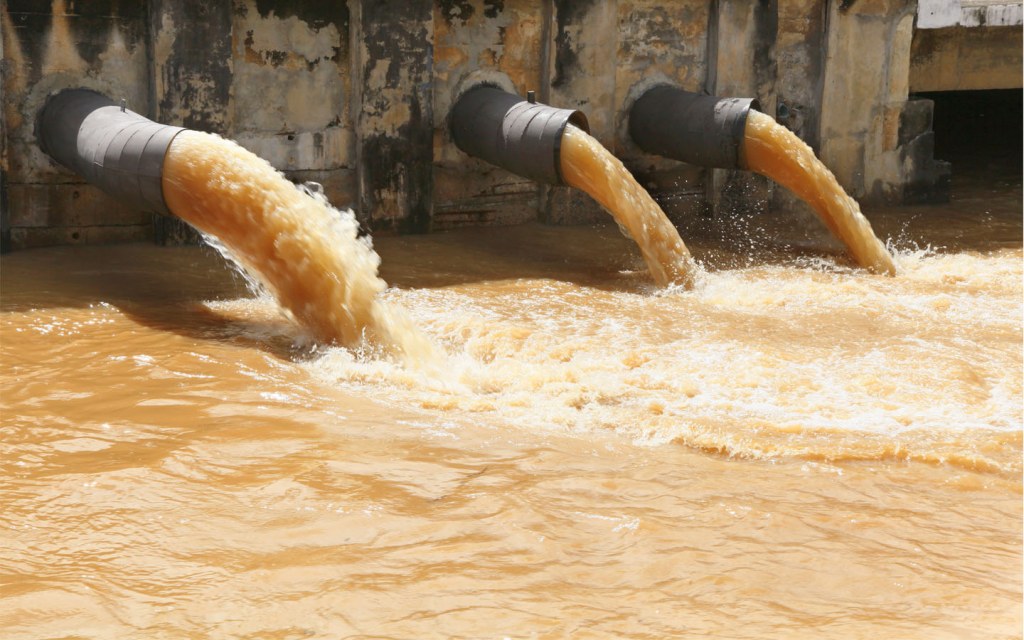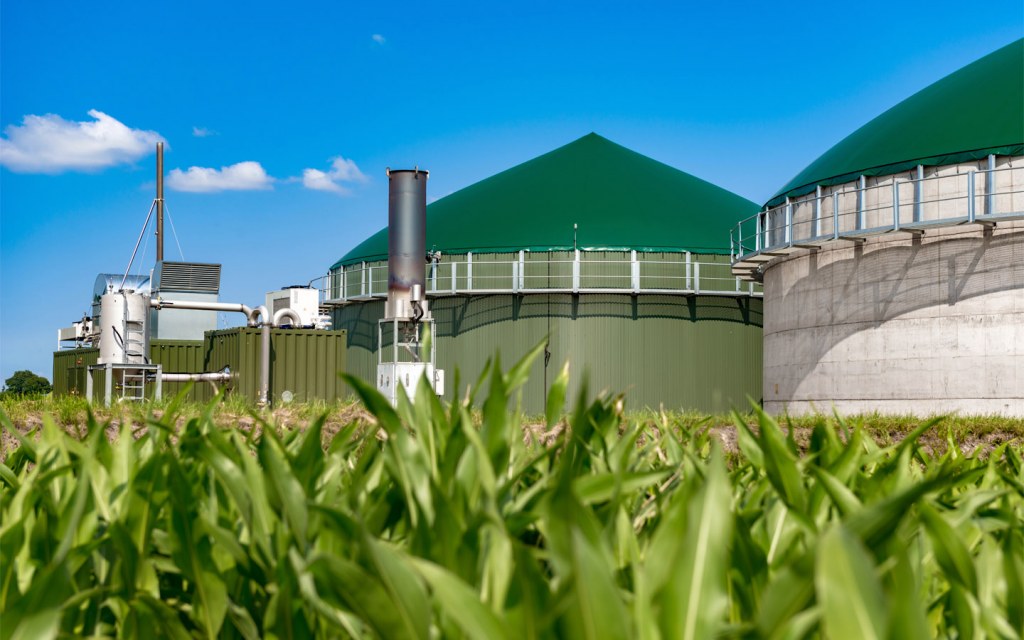Pollution, the destruction of the environment, and climate change are major environmental concerns in Pakistan. However, even the biggest and strongest economies in the world are being threatened by the same. While the rapidly evolving technology and increase in population and urbanisation are often blamed for causing environmental hazards in Pakistan, we would like to point out that these are also the protagonists in identifying and curbing, if not eliminating, these issues from the world.
Hammered by increased health problems and growing environmental risks, the government of Pakistan is nailing down several campaigns to ensure clean air for citizens to breathe. And, this blog is aimed explicitly at acknowledging all such measures taken by the government.
Here are Some Measures Taken by the Government to Solve Major Environmental Concerns in Pakistan
Here’s a list of the campaigns that the government has launched to solve some major environmental concerns in Pakistan:
- Treatment for contaminated water
- Biogas plant in Islamabad’s Sabzi Mandi
- Clean Green Pakistan Movement
- Plant for Islamabad Day
- Billion tree tsunami
Treatment for Contaminated Water

Given that we proudly boast about living in the 21st century, it’s sad and alarming to know that contaminated water is still one of the major environmental concerns in Pakistan, and the health of millions of people is being threatened by it. Contaminated water is the outcome of when the water from rivers, lakes, or oceans get mixed with toxic chemicals and other wastes from the human environment. Hence, the water doesn’t only become extremely hazardous to marine life, but it also gives birth to life-threatening diseases. Not to mention the fact that contaminated water has the potential to negatively affect the water cycle, and plantation and agriculture as well.
Thankfully, the Capital Development Authority (CDA) is addressing this issue by immediately initiating a plan to construct a total of three wetlands in the capital city. These swamplands will serve an exceptional purpose and be a plus for the whole nation, not just the federal capital itself. The exact location of the wetlands has already been marked on the adjacent areas of Rawal Dam and includes Muslim Colony Bari Imam, Banigala, and Bari Imam Shahan. These spots will ultimately treat polluted water before it enters the reservoir. As mentioned earlier, the project is flourishing under the supervision of the CDA, while the Sanitation Directorate of MCI is responsible for its execution.
Furthermore, the goal of the project is to divert the flow of water from drainages and sewerage lines to designated tanks for treatment. Once the tanks are filled up, 90 percent of the water will be decontaminated by sedimentation.
Biogas Plant in Capital’s Sabzi Mandi

We know that more than the details, your ultimate question would possibly be, “what is a biogas plant?” So, before you navigate to the next tab to Google it – we’ve already done the legwork for you to save you a few seconds.
In simpler words, a biogas plant generates biofuel, which is an alternative for fossil fuel and can be used to generate electricity while ultimately defeating one of the major environmental concerns in Pakistan – air pollution.
Moving forward, after the recent anti-encroachment drive against illegal constructions, the Capital Development Authority (CDA) and Islamabad Metropolitan Corporation (IMC) had submitted a revised masterplan for the federal capital of Pakistan. The plan was, although encouraged by Justice Bandial, he further demanded the governing bodies to let the citizens know about waste management procedures – as mentioned in the plan. Also, Justice Ahsan advised the CDA to drum up youth by utilising media platforms to create awareness regarding waste management protocols among people.
The AAG informed the court that the proposed biogas plant in Islamabad’s Sabzi Mandi will be tested by some 20 tons of solid organic waste produced by the hawkers and shopkeepers every day at the market – and eventually, this waste will be utilised to generate electricity for the whole market. Supporting the initiative, Justice Bandial also instructed the authorities and said, “Costs for power to be produced by the plant should be kept low. If proven successful, the government can replicate the same model in vegetable markets across the country.”
Clean Green Pakistan Movement
Officially launched on 18th August, Clean Green Pakistan Movement is an initiative by Prime Minister Imran Khan to mobilise the public and incorporate the importance of a clean and hygienic environment. Looking at the need and importance of the project, the Ministry of Climate Change, Pakistan also joined hands and developed a plan to carry out further procedures on the drive on 13th October. The drive was planned to be executed in three phases.
Phase 1 included the inauguration planning and a proposal to unite public figures, different communities, and all the provinces of the country to join hands as a single community and participate in various activities arranged by the government. These activities mainly included picking up garbage from the roadside, public spaces, and beaches across the country.
Phase 2 was a rather critical milestone in the campaign since it involved establishing adequately resourced strategies and reform units to provide technical support to the campaign. Phase 3, on the other hand, includes third-party evaluation and recommendations for next year’s planning.
In this initiative to make Pakistan green again, you can also contribute by taking baby steps and simply saying “NO” to the things that produce environmental hazards in Pakistan, like polythene bags, plastic straws, and other such polythene products. The efforts do not end here; you can also greatly help to save natural resources by saving and using electricity proficiently – this will not only reduce your utility bills but will also help in reducing pollution from the atmosphere.
Plant for Islamabad Day
#Islamabad We all must play our part to protect our environment for our future generations.
— Imran Ghazali (@ImranGhazaliPK) April 2, 2019
As part of PM Imran Khan's #CleanGreenPakistan movement on 3rd April we are celebrating #Plant4Islamabad day.
Plant trees and keep Islamabad clean and green.
🍀🌱🌴🌲🇵🇰 pic.twitter.com/BNLOndHovp
As obvious as it sounds, Plant for Islamabad Day is an initiative by the Ministry of Climate Change to restore the capital of Pakistan back to its former green days. The movement is a part of 10 billion Tsunami Project and it is spearheaded by the Adviser to PM on Climate Change, Amin Aslam, and the State Minister for Climate Change, Zartaj Gul.
Mr Aslam and Ms Gul, combined with several experts from zoology and botany from across the country, planted several saplings in the capital city. While addressing the crowd later at the event, the adviser said, “The government’s billion tree plantation programme was aimed at bringing about a revolutionary change in the future of the country.” He backed his claim by adding some statistics and added, “Pakistan was listed at seventh on the list of top 10 countries which stand to be most affected by climate change.”
In his speech, Mr. Aslam also acknowledged the lack of greenery and plantation, as termed the lacking as one of the major environmental concerns in Pakistan. He also assured that the government is making every effort to curb and eradicate ecological hazards from the country. He also asserted that citizens should realise their own duty towards nature and eliminate the use of plastic from their lives.
10 Billion Trees Tsunami
The 10 Billion Trees Tsunami.
— Erik Solheim (@ErikSolheim) March 18, 2019
Pakistan is planting 10 billion trees.
Mobilizing business and local communities.
Saplings can be picked up at local centers.
Brilliant! Other nations please embrace this idea!
pic.twitter.com/sNWccHBdQD
Pakistanis are very familiar with the disasters that heavy rainfalls bring to many areas of the country, especially the northern ones. It ends up taking hundreds of lives, as well as destroying the source of income for many. So, when the underdeveloped villages and towns of the country are greatly affected by natural catastrophes – it leaves an overall negative impact on the economy of the country.
In order to avoid such extreme circumstances, the government of Pakistan planned to plant a billion trees across the northern areas of the country and achieved its goal in August 2017 while plans to plant 10 billion more trees are on its way. This initiative didn’t only help in creating resistance against flood, but it also greatly assisted in restoring forests that were drastically damaged or removed by the previous downpours.
As much as these drives helped in eliminating environmental hazards in Pakistan, the projects also established a network of employment which generated opportunities for the citizens. Now we can proudly say that protecting the environment and fighting environmental hazards in Pakistan is genuinely a win-win situation!
We will keep updating this blog as soon as more initiatives are announced by the government. So, subscribe to Zameen Blog by entering your email address in the box on the right side of your screen to remain updated.



